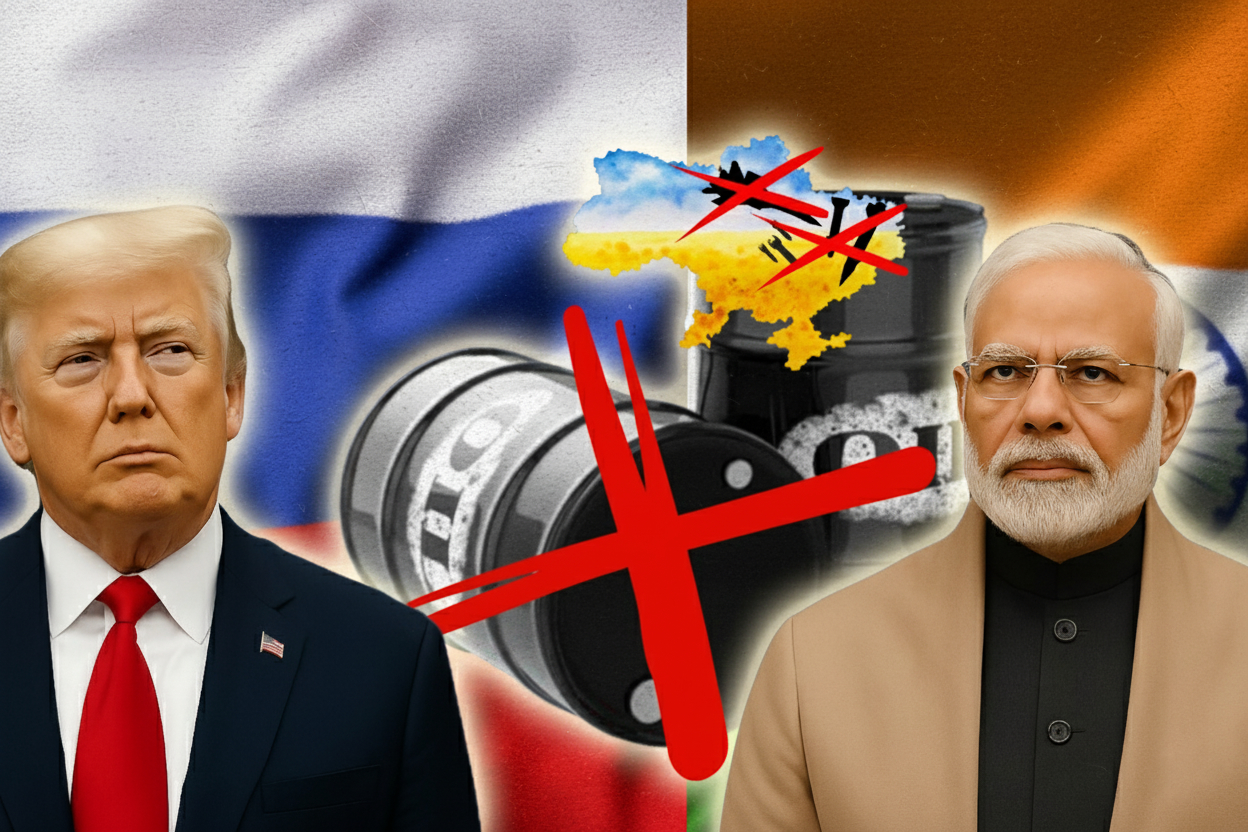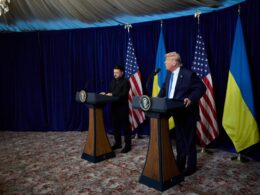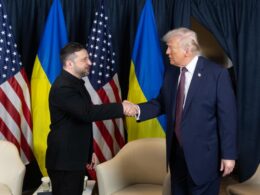President Donald Trump announced on 15 October that Indian Prime Minister Narendra Modi had committed to halting oil purchases from Russia, a step Trump said would make it easier to pressure Moscow to end Russia’s war against Ukraine, now in its fourth year.
India has been one of Russia's key economic partners since Western sanctions targeted Russian energy exports following the February 2022 invasion. New Delhi significantly increased its purchases of discounted Russian crude oil, becoming Moscow's second-largest oil customer after China and helping the Kremlin maintain revenue despite European embargoes.
The announcement, made during an Oval Office press conference, signals a potential shift in India's position as one of Russia's largest remaining oil customers following Western sanctions. Trump stated that such a move by India would make things much easier in achieving peace.
India's possible pivot from Russia's oil economy
"He assured me today that they will not be buying oil from Russia. That's a big stop," Trump said of Modi. "You know, you can't do it immediately. It's a little bit of a process, but the process is going to be over with soon."
The President emphasized the strategic importance of cutting this revenue stream: "If India doesn't buy oil, it makes it much easier. And they're not going to buy, they assured me they will within a short period of time, they will not be buying oil from Russia and they'll go back to Russia after the war's over."
- As Euromaidan Press reported earlier, Indian refineries briefly stopped buying Russian oil in August 2025 after President Trump imposed 25% tariffs on Indian exports. Three of India’s largest state-owned oil companies halted Russian crude in their next purchasing cycle.
- The White House urged European countries to impose restrictive measures on India for its purchases of Russian oil. Later, the US raised tariffs on Indian goods up to 50%, criticizing New Delhi for supporting Russia’s economic machinery.
- By September, India defied the US and continued buying Russian oil, forcing Moscow to negotiate in rupees and offer steep discounts. India officially confirmed it would maintain purchases despite the 50% US tariffs.
- Later in September, Indian refiner Nayara Energy, controlled 49.13% by Russia’s Rosneft and partly by Trafigura and United Capital Partners, recovered to 75% operating capacity just two months after EU sanctions on Rosneft had plunged it into crisis.
Trump again criticized India's previous stance.
"No, we were not happy with [Indian PM Modi] buying oil from Russia because that lets Russia continue on with this ridiculous war, where they've lost a million and a half people. By the way, Russia's lost a million and a half people, soldiers mostly."
China pressure next on agenda
While announcing the Indian commitment, Trump indicated China remained the next target for similar economic pressure.
"Now I’ve got to get China to do the same thing," he said, referring to ending economic support for Moscow.
China has become Russia's largest trading partner since the beginning of Moscow's full-scale invasion of Ukraine, with bilateral trade reaching record levels as Beijing purchases Russian energy and provides economic support that helps Moscow sustain its war effort.
Tariffs as coercive diplomacy
Trump illustrated his approach to economic leverage by describing how he allegedly recently averted conflict between India and Pakistan by threatening both countries with 200% tariffs if they went to war, claiming the threat ended what could have been a nuclear confrontation within 24 hours.
The President positioned such economic pressure as central to the current American security policy:
"Tariffs are so important to our new, our national security. If we don't have tariffs, we don't have national security. Our country would suffer a level that you wouldn't believe."





